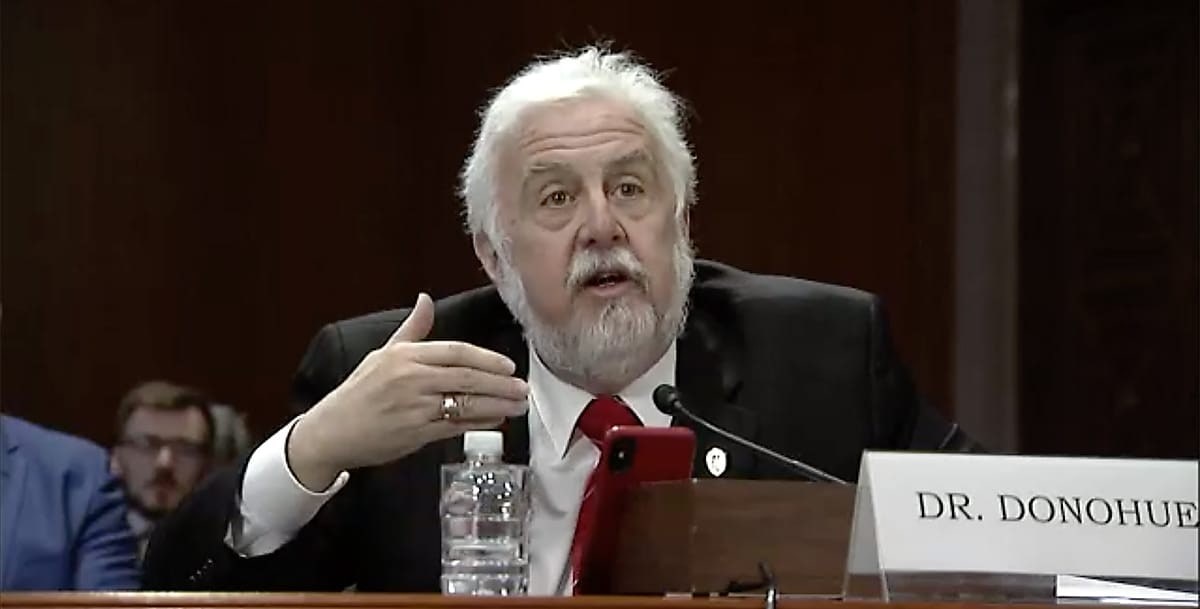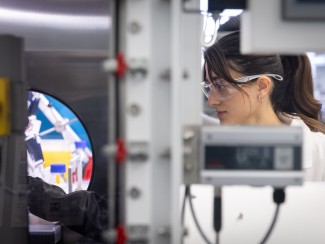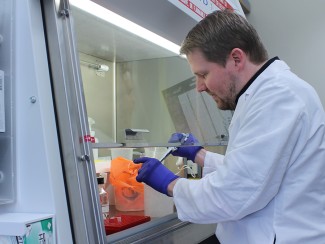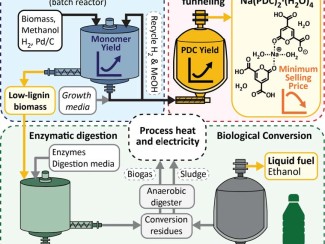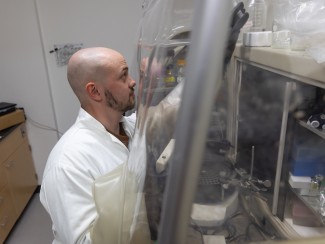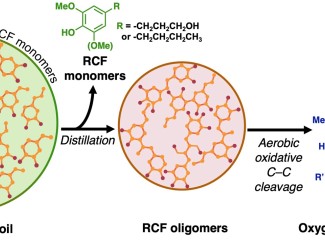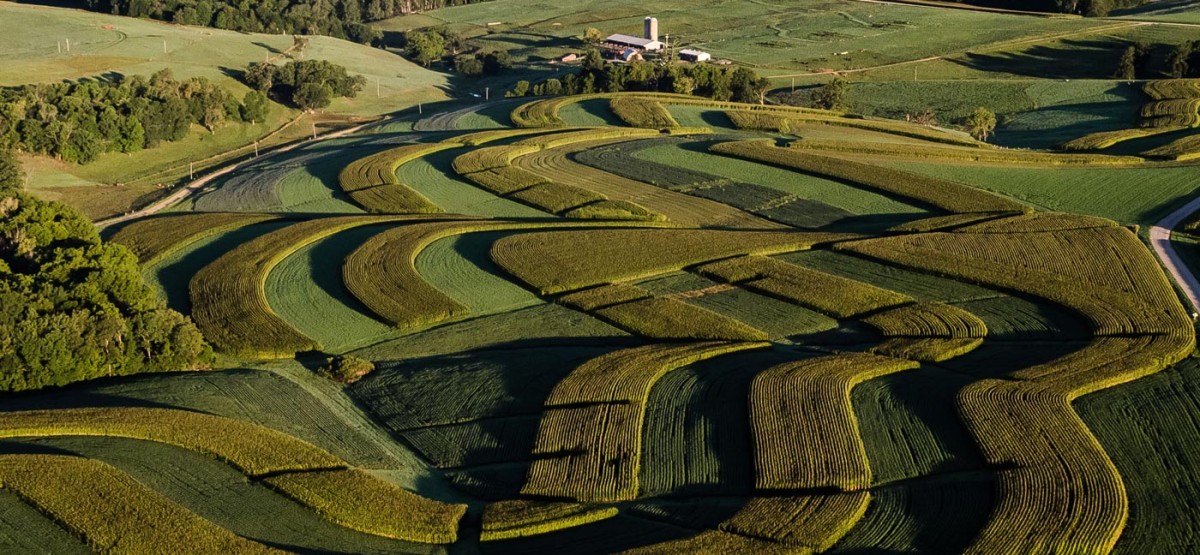
The Wisconsin Energy Institute will explore the potential economic benefits, environmental impacts, and sustainability implications of Wisconsin’s emerging bioeconomy at a free online event on Wednesday, Oct. 21, from 9 a.m.–12 p.m.
The event, “Advancing Wisconsin’s Rural Bioeconomy,” will feature experts and insights from the University of Wisconsin–Madison, federal and tribal government, and Wisconsin’s private sector. Talks and discussions will focus on the potential for this emerging economic model to create jobs and generate economic opportunities for Wisconsin communities while reducing the environmental impacts of producing power, fuels, and chemicals.

Bio-based economies, built upon the sustainable and economic production of chemicals, fuels, and other industrial products from renewable biological sources, are major focus areas of research and economic exploration around the world. An advanced bioeconomy has significant potential to strengthen Wisconsin’s economy, benefit citizens across the state, and make our communities more resilient, sustainable, and prosperous.
“Technology innovations in this space could boost the value of Wisconsin’s forestry and non-food agricultural products and provide new revenue streams to farmers and manufacturers,” says Mary Blanchard, associate director of the Wisconsin Energy Institute. “The bioeconomy could augment rural economic development and be a catalyst for brand-new industries across the state.”
A robust bioeconomy could also provide opportunities for existing industries to access new, bioproduct-based markets.
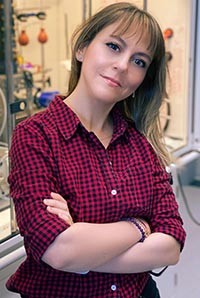
“Creating a hub to share knowledge, research, and stakeholder engagement will advance Wisconsin’s ability to transform abundant renewable and waste resources into fuels, chemicals, and everyday materials,” says Blanchard.
Canan Sener, a researcher with the Great Lakes Bioenergy Research Center (GLBRC), will speak on efforts to turn plant material, or biomass, into valuable products. Sener is a member of John Ralph’s research group at UW–Madison, where she works on the production of precursors to bio-based polyester from lignin, a material that makes up much of the structural material of vascular plants.
“Lignin is generally burned in industrial processes to generate heat and electricity,” says Sener. “If we can use it to produce higher value chemicals instead, that would significantly improve the economics of a biorefinery.”
Many kinds of products—including pharmaceuticals, biopolymers, surfactants and more—can be made from plant biomass, agricultural byproducts, and organic wastes, she says. Eventually, it should be fully possible to replace oil refineries with economically viable biorefineries.
Shifting the production of valuable fuels and products from petroleum to plants would create sizeable economic benefits for many Wisconsin industries, including forestry and non-food agriculture. The rural communities that house many of those industries stand to benefit the most from new bio-based ventures.
Other speakers at the event will discuss bioeconomic supply chains and waste management, rural economic development, and leveraging bioproducts to bolster tribal economies.
“Wisconsin cannot thrive unless all of its citizens are thriving,” says Blanchard. “Maximizing the value of renewable materials, whether from agricultural, forestry, or waste sources, can be a game-changer for rural communities nationwide, one that furthers our contribution to the Wisconsin Idea.”
“Advancing Wisconsin’s Rural Bioeconomy” is free and open to everyone. For more information about the online event or to register to attend, visit the event registration page.

